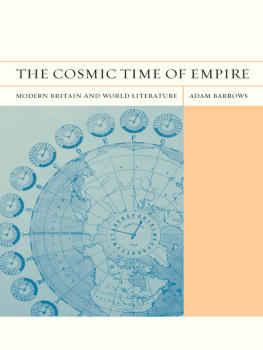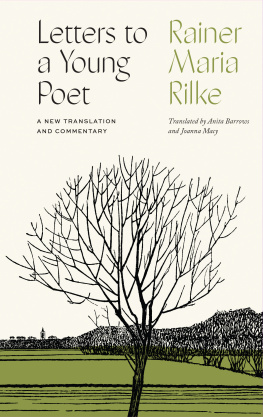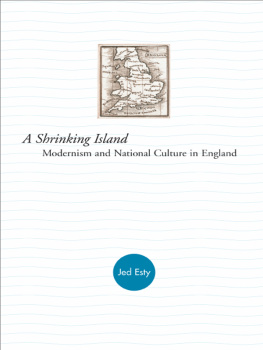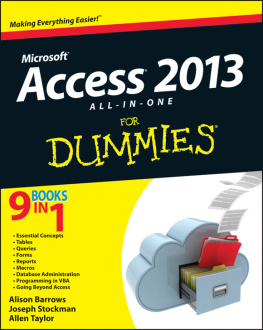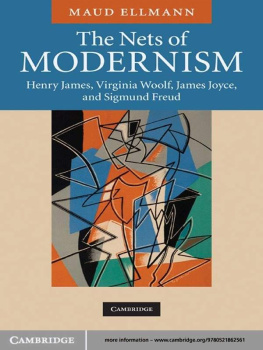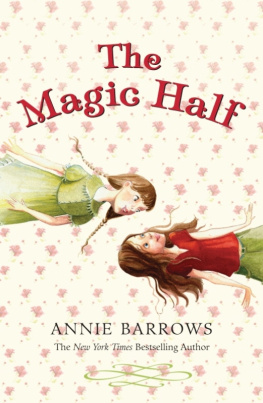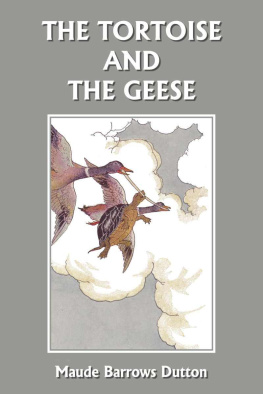Acknowledgments
This book began as an idea in a seminar at the University of Minnesota on nineteenth-century masculinities. The course was taught by Lois Cucullu, and the rigorous interweaving of popular and canonical texts with cultural theory that she modeled in that class set the groundwork for much of the intellectual work that I would do in the following years. I have dedicated the book to Tim Brennan, not only because he was my dissertation director on the project, but because he has served as a professional mentor and role model for me over the years. As an intellectual whose teaching and writing exemplify his honesty and political commitment, Tim has shaped my understanding of what it is possible to achieve in this profession. I was fortunate to benefit from the keen insights of Brian Goldberg and John Mowitt, who read the book as a dissertation and helped to shape its evolution. Also at the University of Minnesota I greatly benefited from frank and open professional interchanges with my graduate student cohort through a productive dissertation writing group. I am grateful to the members of that group, particularly MarieTherese Sulit, Melanie Brown, and Diana Ostrander, each of whom read rough drafts of most of the chapters, often multiple times. Much of the early writing and research for this project was greatly assisted with the support of a William W. Stout fellowship and two consecutive Ruth Drake fellowships at the University of Minnesota.
I am grateful to have had the opportunity to present early versions of these arguments at professional conferences. In particular I was fortunate are based was conducted during two trips to Library and Archives Canada in Ottawa, the first of which was funded by a Samuel Holt Monk/Moses Marston research award from the University of Minnesota. I am grateful to the staff, reference librarians, archivists, and freelance researchers at LAC for their assistance with this project.
As a first-time author I was fortunate to bring this book to completion under the guidance of the editorial board of the Flashpoints series. Thanks especially to Ed Dimendberg, who guided me gracefully through the process, to Hannah Love at the University of California Press, and to the external reviewers of the manuscript, whose attentive, fair, and rigorous responses to my work have helped to make this book what it is. Substantial revision of the manuscript was carried out at Salisbury University, and I thank my colleagues there for their support, as well as my new colleagues at Carleton University, who have enthusiastically welcomed me into their department. Thanks to my parents, Tom and Susan, for their unconditional love and support, to Bob and Amy, Henry and the late Dorothy Hill, to Denis and Cindy, Bob and Marlys, Beau and Nisha, Nick and Stefanie, and all those who have supported me over the years. Finally, to my wife, Darla, and son, Elliot, who know better than anyone what the costs of this project have been, I offer this book with my love.
Introduction
Modernism and the Politics of Time
A concern with time is intrinsic to the internal logic of modernity. More than anything else, Zygmunt Bauman writes, modernity is the history of time: the time when time has history (Time and Space Reunited, 172). Radically breaking with the authority and legitimacy of the past, modernity offers a totalizing vision of progress toward an illimitable future. The Prime Meridian Conference would ultimately render Greenwich not only an international symbol of the British Empire, but also the cosmopolitan standard for measuring the very limits of modernity.
Although the conference made its recommendations in 1884, it took more than forty years for advocates of standard time to pressure individual nations to adopt the reforms. temporality. Modernist temporal experimentation was part of a larger fin de sicle cultural project to reshape and reexamine the limits and limitations of regimes of temporal management. That project, while intrinsic to the high modernist canon, also informs a variety of fictions not often considered modernist because of their genre, style, or country of origin. I explore the discourse of standardized temporality in works as seemingly disparate as a Victorian adventure novel, Bram Stoker's

